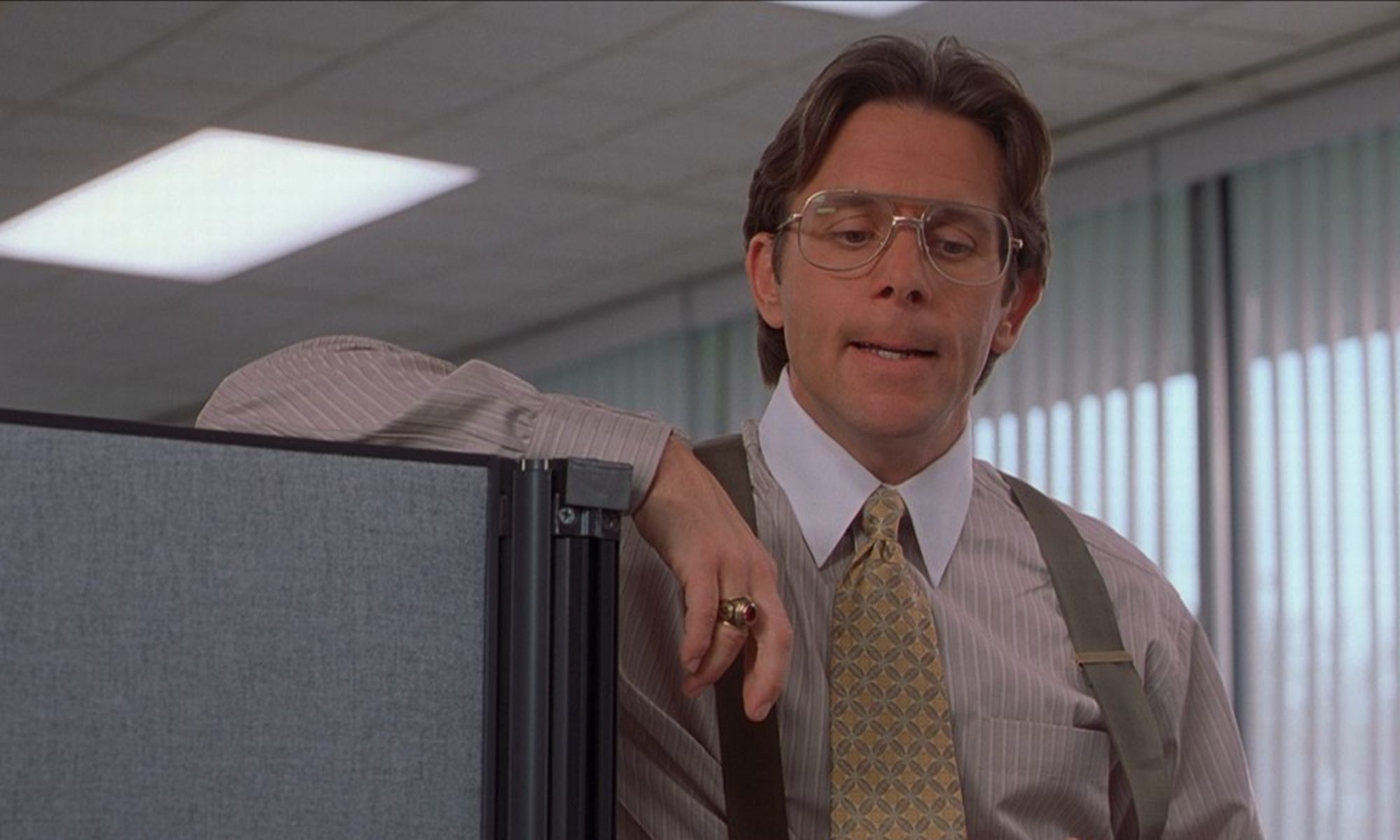Several philosophers until now have held the idea that our life on earth is nothing but a stage in the vastness of existence. Whether this means that there is another stage, after life on earth or that our life is merely a stage in the context of all existence, might vary. Nevertheless, our life is merely a stage.The film “2001: A Space Odyssey” is a film by Stanley Kubrick and explores the space mission of Bowman and the involvement of a space monolith that has been there since the time of the “ape-man.” This monolith is a part of a story that spans across millions of years and hence serves as a point of reference.The relativity is used to show the journey of man from primitive stages to extreme advancement and yet, the entire journey is merely a stepping stone in the grand scheme of things. Therefore, the film doesn’t view humanity as a final goal but more like a stage that is bound to transcend into something more.This film is fairly artistic and therefore open to interpretation. Different viewers have expressed their critique and understanding of the film differently. The journey of the story from the “ape-man” beginning to the moon exploration, up until the journey to Jupiter are different phases that seem to connect the story. The director Kubrick and the writer, Arthur Clarke purposefully left the film open for philosophical and allegorical interpretation. Like any good science fiction novel, 2001 provides a detailed look at the scientific world it chronicles. Great care is taken to ensure that the reader gets a sense of the experience of the technology described in the book. Dr. Floyd’s journey to Space Shuttle One is described with attention to details such as the experience of a high-acceleration liftoff, the adhesive sauces used to keep chops firmly in place on one’s plate, and even the rotating bathroom that allows for the effect of gravity on the spaceship. A Space Odyssey has the distinction of being one of only a few classic books to be based on a movie, rather than the other way around. Its author, Arthur C. Clarke, based the novel on a screenplay he wrote in conjunction with Stanley Kubrick in 1964. The book, which was released a few months after the movie, fills in many details left unsettled in the movie. 2001 was written at the very beginning of the space age, before man first set foot on the moon in 1969. It was clearly inspired by much of the fascination with space, which gripped a nation exploring an uncharted terrain in the 1960s. The 1960s were also a time of confrontation with the communist U.S.S.R. and tension over the potential for use of nuclear weapons. The Cuban Missile Crisis was recent history at the time 2001 was in the process of being conceived. The instability of foreign relations as well as the proliferation of nuclear weapons led many at the time to wonder whether a nuclear holocaust might be around the corner. A Space Odyssey explores technological innovation, its possibilities and its perils. Two particular dangers of technology are explored in great detail. First, Hal presents the problems that can arise when man creates machines, whose inner workings he does not fully understand. Second, the book explores the dangers associated with the nuclear age. The novel issues a warning against the destructive power associated with that technological innovation in the military arena.2001 takes a long-term view of development, human and otherwise. The story traces the development of man from man-ape. Uniquely, 2001 considers not only the evolution that has led to the development of man, but also the evolution that man might undergo in the future. Thus, we follow Bowman as he is turned into a star-child by the advanced civilization of extra- terrestrial intelligence. The novel recognizes that evolutionary theory implies that humanity is not the final goal of some process, but only a stopping point on an indirect process. One way this process might continue, the book imagines, is that humans will learn to rid themselves of their biological trappings.
Sources
- http://www.bbc.com/culture/story/20180404-why-2001-a-space-odyssey-remains-a-mystery
- https://www.rogerebert.com/reviews/great-movie-2001-a-space-odyssey-1968
